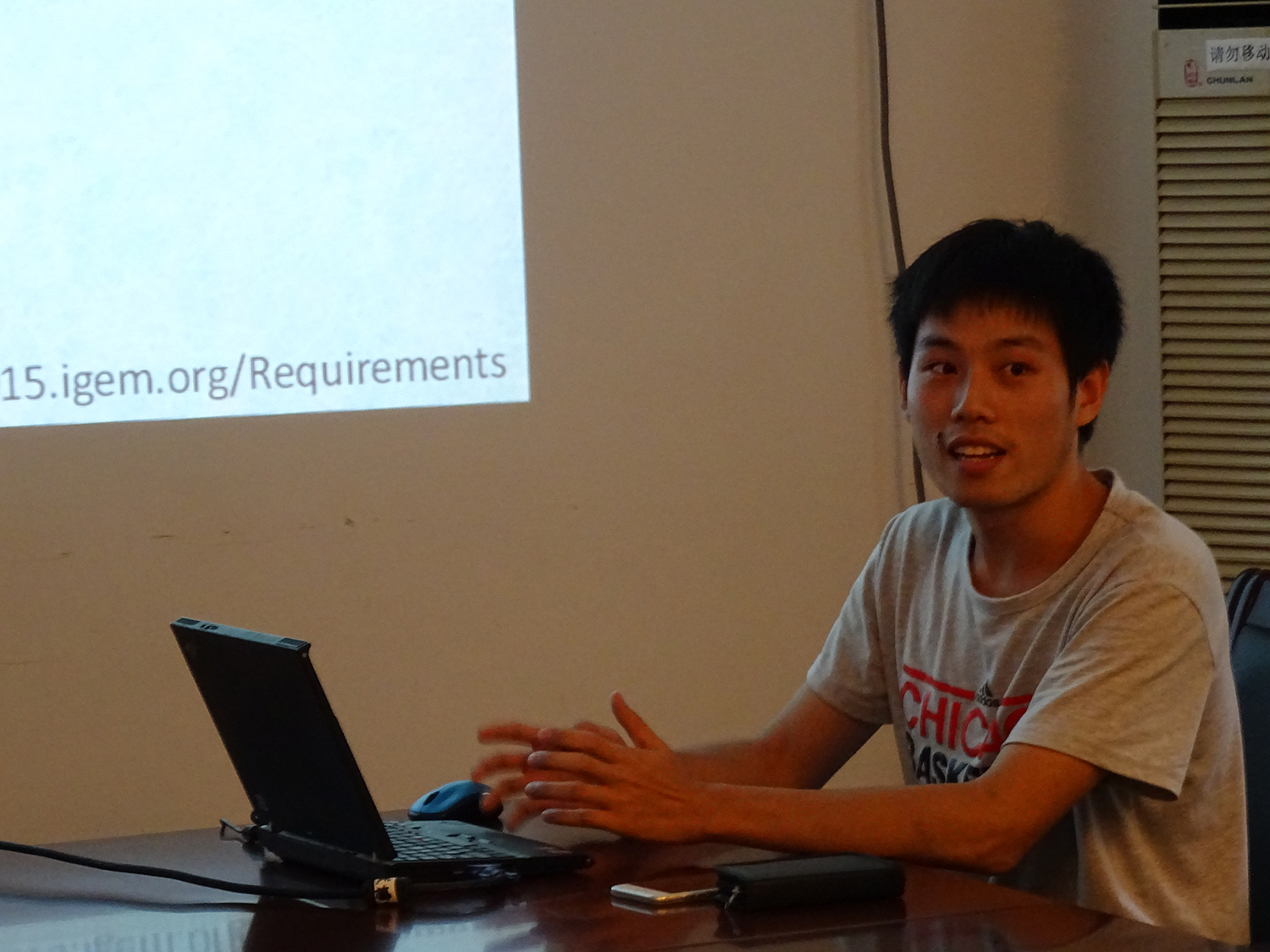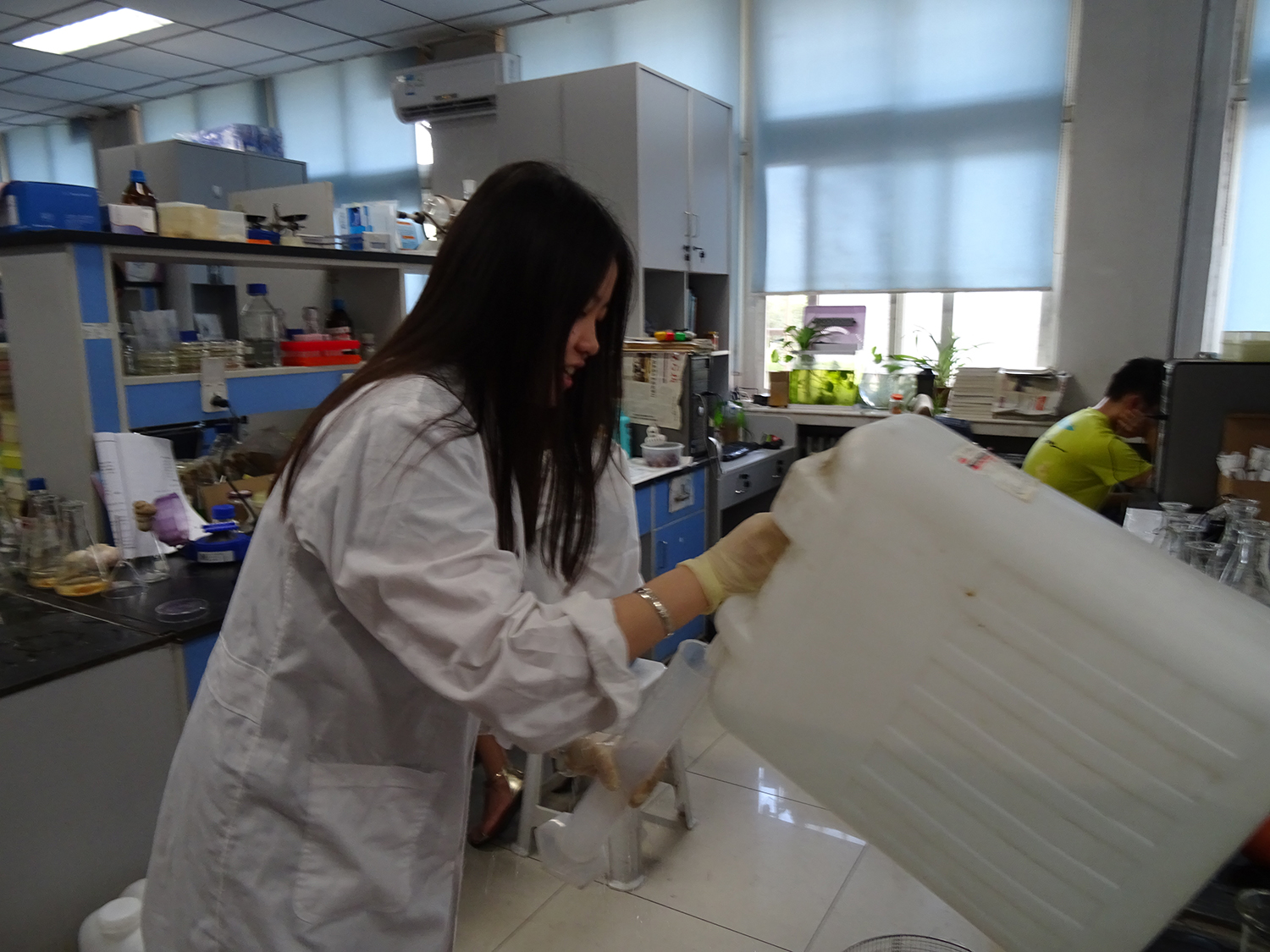|
|
| (23 intermediate revisions by 3 users not shown) |
| Line 1: |
Line 1: |
| | {{Nankai}} | | {{Nankai}} |
| | <html> | | <html> |
| − | <link rel="stylesheet" type="text/css" href="https://2015.igem.org/Template:Nankai/miscCSS?action=raw&ctype=text/css" />
| + | |
| | <link rel="stylesheet" type="text/css" href="https://2015.igem.org/Template:Nankai/bootstrapCSS?action=raw&ctype=text/css" /> | | <link rel="stylesheet" type="text/css" href="https://2015.igem.org/Template:Nankai/bootstrapCSS?action=raw&ctype=text/css" /> |
| | <link rel="stylesheet" type="text/css" href="https://2015.igem.org/Template:Nankai/blue-schemeCSS?action=raw&ctype=text/css" /> | | <link rel="stylesheet" type="text/css" href="https://2015.igem.org/Template:Nankai/blue-schemeCSS?action=raw&ctype=text/css" /> |
| − | | + | <link rel="stylesheet" type="text/css" href="https://2015.igem.org/Template:Nankai/miscCSS?action=raw&ctype=text/css" /> |
| | <script src="https://2015.igem.org/Template:Nankai/jquery-1102min?action=raw&ctype=text/javascript"></script> | | <script src="https://2015.igem.org/Template:Nankai/jquery-1102min?action=raw&ctype=text/javascript"></script> |
| | <style type="text/css"> | | <style type="text/css"> |
| Line 26: |
Line 26: |
| | color:#FFF; | | color:#FFF; |
| | font-size:42px; | | font-size:42px; |
| − | font-weight:800; | + | font-weight:600; |
| | line-height:47px; | | line-height:47px; |
| | + | font-family: 'Segoe UI',Gill Sans,Lucida Sans,Consolas; |
| | } | | } |
| | body { | | body { |
| Line 69: |
Line 70: |
| | } | | } |
| | .content { | | .content { |
| − | width:80%;
| + | width:80%; |
| | margin-left:auto; | | margin-left:auto; |
| | margin-right:auto; | | margin-right:auto; |
| − | text-align: left; | + | text-align: justify; |
| | margin-top:50px; | | margin-top:50px; |
| | clear:both; | | clear:both; |
| Line 79: |
Line 80: |
| | text-indent:40px; | | text-indent:40px; |
| | font-size: 20px; | | font-size: 20px; |
| − | font-weight: 100;
| + | font-weight: 100; |
| − | font-family:"Constantia",Gotham,Consolas;
| + | font-family:"Lucida Sans Unicode",Times New Roman,Constantia,Gotham,Consolas; |
| | } | | } |
| | | | |
| | .parallax.first-widget.firstsection .parallax-overlay .container.home-intro-content .row .col-md-12 h1{ | | .parallax.first-widget.firstsection .parallax-overlay .container.home-intro-content .row .col-md-12 h1{ |
| | color:white; | | color:white; |
| − | font-weight: 600; | + | font-weight: 700; |
| | font-size: 50px; | | font-size: 50px; |
| | line-height:60px; | | line-height:60px; |
| Line 91: |
Line 92: |
| | } | | } |
| | .parallax.first-widget.firstsection .parallax-overlay .container.home-intro-content .row .col-md-12 h4{ | | .parallax.first-widget.firstsection .parallax-overlay .container.home-intro-content .row .col-md-12 h4{ |
| − | font-size: 30px;
| + | font-size: 30px; |
| − | font-weight: 600;
| + | line-height:35px; |
| − | color:white;
| + | font-weight: 600; |
| | + | color:white; |
| | + | font-family: 'Segoe UI',Gill Sans,Lucida Sans,Consolas; |
| | } | | } |
| | | | |
| Line 102: |
Line 105: |
| | | | |
| | .content h4{ | | .content h4{ |
| − | font-size: 30px;
| + | font-size: 30px; |
| − | font-weight: 600;
| + | line-height:35px; |
| − | font-family: 'Segoe UI',Gill Sans,Lucida Sans,Consolas;
| + | font-weight: 600; |
| | + | font-family: 'Segoe UI',Gill Sans,Lucida Sans,Consolas; |
| | } | | } |
| | .normalsection h3{ | | .normalsection h3{ |
| Line 257: |
Line 261: |
| | <div class="text"> | | <div class="text"> |
| | <img src="https://static.igem.org/mediawiki/2015/c/c3/Nankai_γPGAproduct.jpg"> | | <img src="https://static.igem.org/mediawiki/2015/c/c3/Nankai_γPGAproduct.jpg"> |
| − | <p>What is “Pudding Health kit”? The Pudding Health kit is actually a jelly-like unguent made of Poly-γ-glutamic acid (γ-PGA) and medicine, which has a significantly better effect on healing the wounds than usual unguents. </p> | + | <p>What is “Pudding Health kit”? Pudding Health kit is actually a jelly-like unguent made of poly-γ-glutamic acid (γ-PGA) and wound healing medicines. It aims at mitigating prolonged inflammations during the process of tissue regeneration, and speeding up the healing process of chronic wounds like diabetic wounds. </p> |
| | <p>What is Poly-γ-glutamic acid? Poly-γ-glutamic acid, i.e. γ-PGA, is an important, naturally occurring polyamide which exhibits excellent peculiarity in water retention and sustained drug release. How is γ-PGA produced? We used engineered <em>Bacillus amyloliquefaciens</em> LL3 for mass production of γ-PGA, yet the original <em>B. amyloliquefaciens</em> LL3 strain that we isolated from fermented food could only produce γ-PGA at a very low yield.</p> | | <p>What is Poly-γ-glutamic acid? Poly-γ-glutamic acid, i.e. γ-PGA, is an important, naturally occurring polyamide which exhibits excellent peculiarity in water retention and sustained drug release. How is γ-PGA produced? We used engineered <em>Bacillus amyloliquefaciens</em> LL3 for mass production of γ-PGA, yet the original <em>B. amyloliquefaciens</em> LL3 strain that we isolated from fermented food could only produce γ-PGA at a very low yield.</p> |
| | <p>Wonder how we did it?<a href="https://2015.igem.org/Team:Nankai/Description"> Click here to learn more………</a></p> | | <p>Wonder how we did it?<a href="https://2015.igem.org/Team:Nankai/Description"> Click here to learn more………</a></p> |
| Line 285: |
Line 289: |
| | <h2>Our feature: iShare!</h2> | | <h2>Our feature: iShare!</h2> |
| | <p>As we all know iGEM has already established a functional platform for participators to share Bio-bricks. However materials related to those Bio-bricks are still missing, like bacterial strains and expression vectors. It’s difficult to repeat previous iGEM projects and we want to make a difference by introducing iShare to all the iGEMers.</p> | | <p>As we all know iGEM has already established a functional platform for participators to share Bio-bricks. However materials related to those Bio-bricks are still missing, like bacterial strains and expression vectors. It’s difficult to repeat previous iGEM projects and we want to make a difference by introducing iShare to all the iGEMers.</p> |
| − | <p>iShare as we pictured is the first step to all-round resource sharing platform. We suggest iGEM teams put information of materials used in their project on iShare and label those they are willing to share. In this way, In this way, future teams could have more resources for similar work and may come up with more improvement.Please see more information on <a href="https://2015.igem.org/Team:Nankai/Practices/iShare">iShare</a>.</p> | + | <p>iShare as we pictured is the first step to all-round resource sharing platform. We suggest iGEM teams put information of materials used in their project on iShare and label those they are willing to share. In this way, future teams could have more resources for similar work and may come up with more improvement.Please see more information on <a href="https://2015.igem.org/Team:Nankai/Practices/iShare">iShare</a>.</p> |
| | </div> | | </div> |
| | </section> | | </section> |












